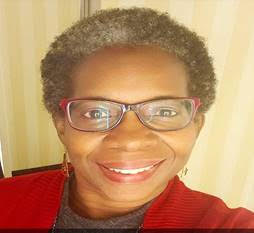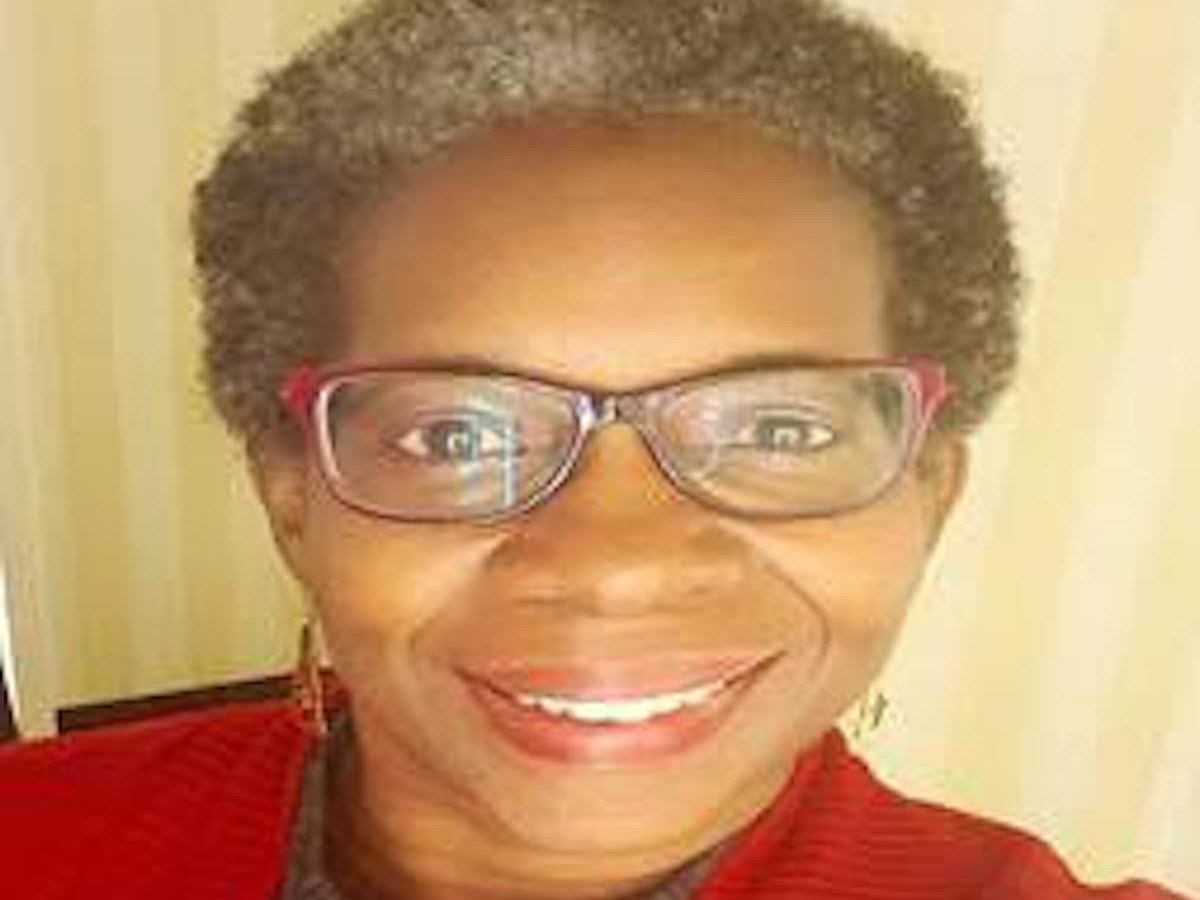I am a firm believer in soul care and affirmations. I read scripture, devotional books, the Bible, and engage in daily spiritual practices to give me the energy and support I need to carry me through my daily activities. I belong to a spiritual community, and I enjoy the opportunity to sit, be still, and allow others to pour their positivity into me. Checking in on my own emotional health is a routine practice for me. As a chaplain, I do spiritual assessments with patients and often will ask myself the same questions that I ask of them.
Getting a good night’s sleep has been a blessing. I no longer keep my cell phone or iPad near the bed or in my bed at night. There is no longer unnecessary chatter as I get ready for sleep, just peace. I used to look at every notification ping, but I’ve come to realize that unplugging is healthy. There is no need for me to know what is happening on social media or what’s in my inbox as I’m trying to fall asleep. All that data will be there when I wake up in the morning. I have noticed that I sleep more deeply and am more relaxed and rested in the morning.
To create better boundaries for myself, I try my absolute best to leave work at work. My mantra is: Do not carry any work home. The building will be there on your next return. To reinforce this mantra, before heading home I debrief the day and unwind from the day’s joys and concerns. I do this by listening to music that soothes my soul, taking the long way home, going to Barnes and Noble, or stopping by the gym.
Speaking of the gym, I recently decided to make room for exercise in my life. Over the summer, I enrolled in my first series of pilates classes. I fell in love with pilates and last month I became a member of a local club. So far I have been faithful in attending at least two to three classes a week. I am enjoying the new community and the energy that I am obtaining from learning to strengthen my core. I remain hopeful that I will be able to tone and strengthen my body, maintain a healthy weight, and put to rest my plantar fasciitis.
I have learned and relearned over my years of working in various settings (trauma, victimization, higher education, senior and child welfare, corrections, healthcare) how burnout, unchecked stress, and anxiety impact you mentally, physically, emotionally, and in your relationships. I have discovered and put into practice an assortment of practices to help me stay focused on my own needs. In doing so, I have become more self-aware and know when I need to take pauses to release, refresh, and regroup. In the work that I do as a chaplain, I am useless if I do not make sure that I am taking care of me. I cannot be fully present or journey with others if I am not able to manage my own stress, be empathetic, fully listen, and model a ministry of presence.
I am also an advocate for building self-care plans with my patients and colleagues. This includes how to take mindful breaks, take small pauses throughout the day, and schedule time off when needed. I often check in with staff at work to see how they are doing and I offer time to sit and listen to whatever concerns they may have. I encourage staff to listen to their body, not to tolerate what pains them, and know when to reach out for help. When asked, I share some of the tips I have used to simply be in the present, despite what may be happening around me.
The best advice I can give to treat burnout is to be quiet and listen, take care of yourself, and trust your inner wisdom. Be present in all things that you do, do what you love. Tune into your body and ditch the stuff that does not motivate you. Keep on track with a vision plan for your future. Reflect, examine, and replace as needed. There is no need to create a Plan B. Simply build upon your plan, revise and adjust as needed and your future stresses will be less.
One thing I’ve learned from the Thrive app and from Microsteps is to take some form of action. Even if it is a small step, you are working towards building up to something bigger. Thriving is not done overnight but can be built upon and there is help and support along the way.


